Why aim to reduce your waste? Because we produce so much of it, often unnecessarily and/or for mere convenience. The EPA estimates that Americans use over 4 million tons of plastic bags/wraps each year. According to the Product Stewardship Institute, the junk mail that clutters our mailboxes adds up to 100 billion pieces each year. Worldwide, more than 400 million tonnes (440 million US tons) of plastic are produced every year, half of which are single use items. We can and must do better – we must use less, and for the stuff we do use, make it as sustainable as possible.
Work towards zero waste by taking the following actions
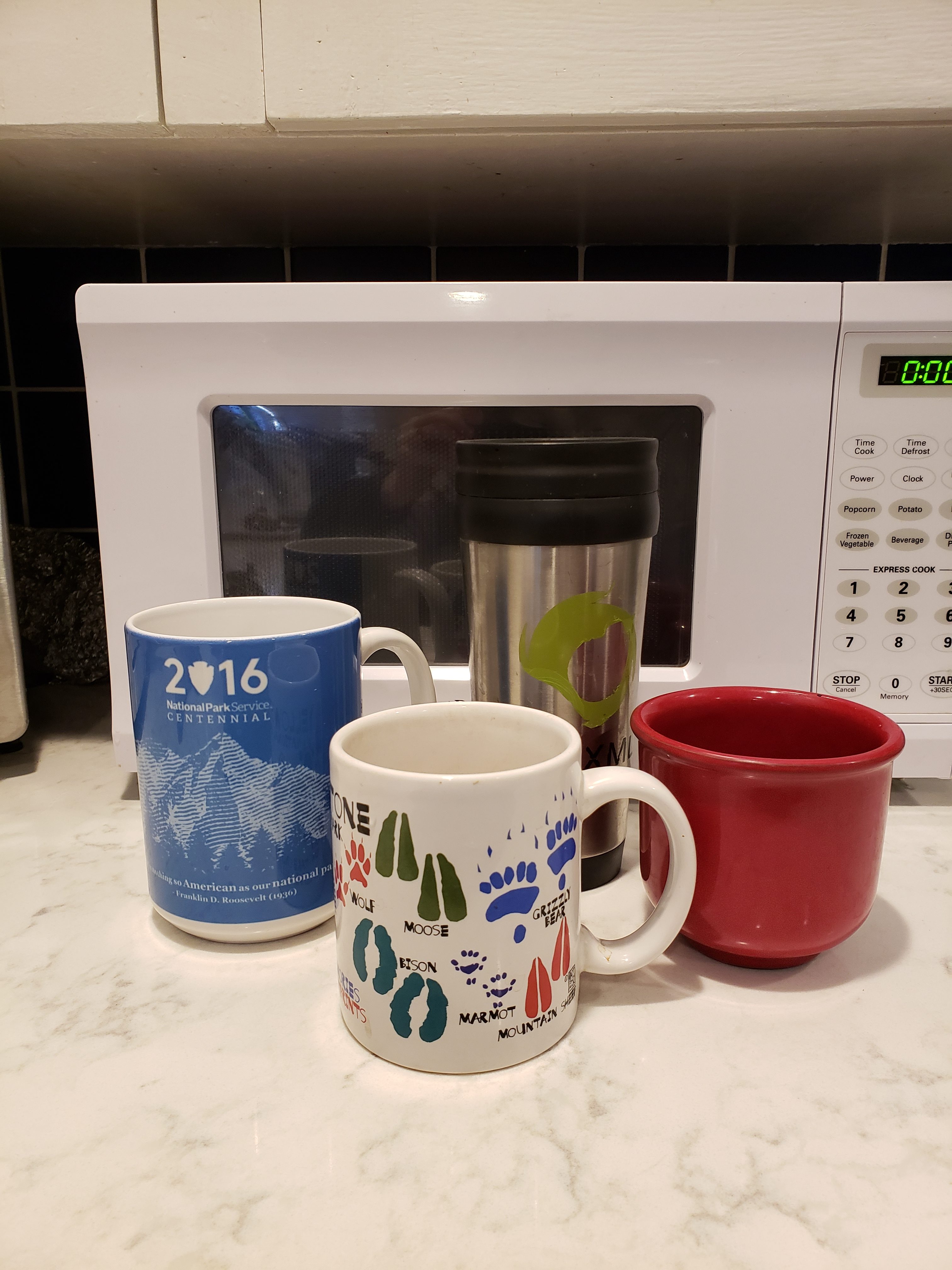 Reduce or Eliminate Your Use of Single-use Items
Reduce or Eliminate Your Use of Single-use Items
-
- Bring your own reusable bags when shopping, or carry out items by hand if no bag is needed. This avoids both plastic and paper bags.
- Stop buying bottled water – buy a reusable water bottle and fill it up wherever you go. (Read about the alternatives to plastic water bottles.) If you are worried about the quality of your tap water, read the Town of Needham 2022 Water Quality Report. For another layer of protection, you can buy a Brita Filter (they also make water bottles with filters) or you can find similar products elsewhere online.
- Take reusable items to events (or work) – regular cups, plates, and utensils instead of disposables.
- Bring your own container for leftovers at a restaurant.
- Use real plates, cups and silverware at home instead of disposable products.
- Use cloth napkins instead of paper napkins and rags in place of paper towels.
- Use reusable, silicon sandwich and food storage bags.
- If you are eating somewhere that doesn’t have silverware, you can use a set of travel utensils like these: TOPBOOC Portable Utensil Set with Waterproof Case or simply put a set together yourself.
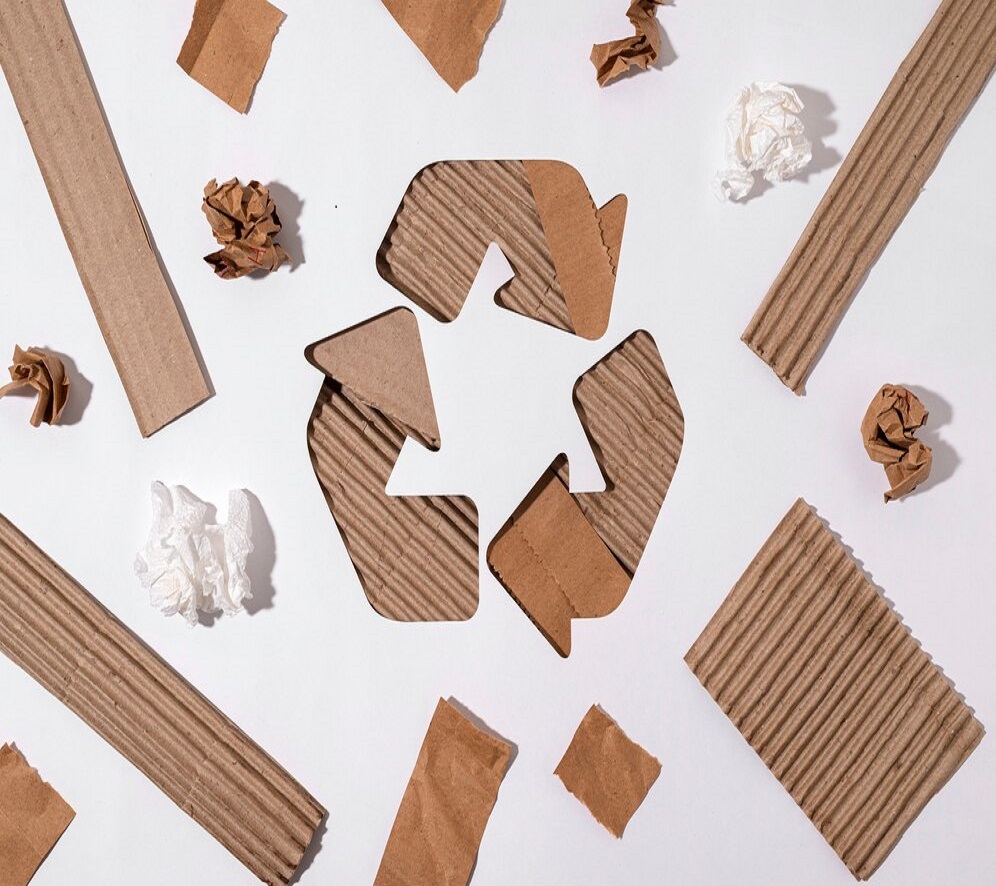 Refuse Unwanted Stuff, and Proactively Choose Minimal and/or Sustainable Packaging
Refuse Unwanted Stuff, and Proactively Choose Minimal and/or Sustainable Packaging
-
- Refuse “free” unsolicited stuff that you neither need not want.
- Seek out and choose either minimal or recyclable/compostable packaging choices when shopping online.
- Avoid single serving packaging (tell the take-out place not to include it).
- Buy food in bulk when available.
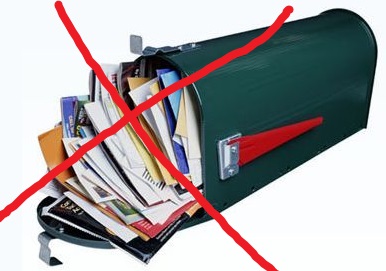 Reduce Paper Use
Reduce Paper Use
Eliminate unwanted junk mail that’s cluttering up your mailbox!
-
- Opt out prescreen – “Opt out” of unsolicited credit card offers for five years or permanently.
- Catalog Choice – non-profit online resource that helps you cancel the catalogs that you do not want to receive.
- Direct Marketing Association (DMA) choice – website that allows you to reduce unsolicited mailings from companies with which you have no relationship.
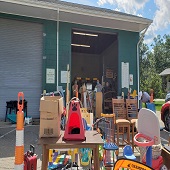 Participate in the “Circular” Economy
Participate in the “Circular” Economy
Explore where you can buy/take or sell/donate usable items – it’s easy, fun, can save you money, and it keeps perfectly usable stuff out of the waste stream!
-
- The Needham Community Council has a thrift shop with adult/teen clothing, jewelry, shoes, and various household items. See their Detailed donation guidelines.
- The Needham RTS’ Reuse-It Swap Shop is a volunteer-run area at the RTS that allows residents to drop off and/or pick up a wide variety of usable items. Most popular are children’s toys, bicycles/scooters, sporting goods, games, and books, small household appliances/items, tools, hardware, and gardening items.
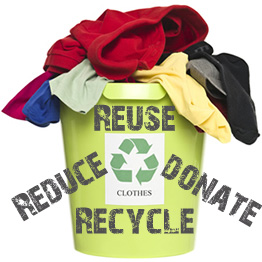
- Savers 1230 VFW Pkwy. West Roxbury accepts and sells good quality clothing, small appliances, sports equipment, children’s toys, games, hardback and paperback books, CDs, Videos, DVDs, vinyl records, computer software, furniture, sheets/towels and much more. Click here for guidelines. They are a for-profit store but also a Community Donation Center benefiting the Epilepsy Foundation.
- Play It Again Sports, 606 Washington St. Dedham, buys and sells quality used and new sports and fitness gear.
- Check out Needham’s second hand clothing stores: 2nd Hand Rose and Closet Exchange.
- Check out Green Needham’s Recyclopedia Needham resource for information on how to donate/dispose of specific items, such as clothing, household items, etc.
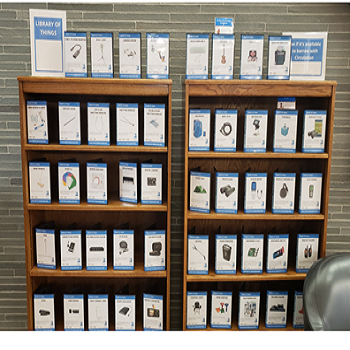 Borrow or Give/get Things for Free
Borrow or Give/get Things for Free
-
- Needham Library’s Library of Things has many items to borrow – like a Craftsman 57-piece Craftsman Toolkit, a pair of binoculars, a microscope, a go-pro camera, and a sewing machine.
- Needham RTS’ Reuse-It Swap Shop reduces the amount of reusable materials entering the waste stream by providing Needham residents with a place to conveniently give away usable items they no longer want or need, and find things they can use. The Swap Shop is open from April 1st through Nov. 30th, (and may open on a reduced schedule from Jan. through March), limited with some exceptions such as Paint Saturdays and times of extreme weather. Items are free.
- With Needham Freecycle’s website, you can offer goods for free, or request goods for free.
- Buy Nothing Needham Facebook Group – Give, receive, lend, share, and show gratitude in hyper-local gift economies.
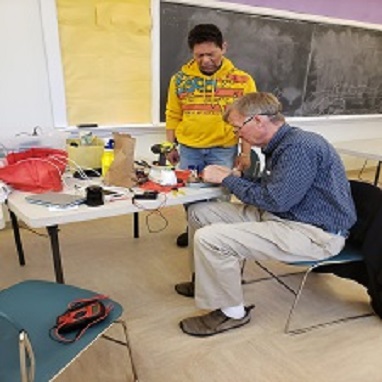 Repair
Repair
Rotary Repair Cafe: The Rotary Club of Wellesley occasionally hosts a Repair Cafe. A wide variety of items can be brought in for repair: clothing, small appliances, small furniture, bicycles and electronics.
Local Repair Shops:
Shoe Repair: Needham Shoe – Repair 91 Chapel St. Needham
Tailor: Hois Tailor Shop – 399 Chestnut St. Needham
Resources
Documents
- 11/2/22 Recycling & Solid Waste Forum – Needham DPW RSW Presentation
- 11/2/22 Recycling & Solid Waste Forum – Casella Presentation
- NRC Press Release: China and Recyclables 051518
Links on the Web

|
Bay State Recycling
Recycles worn, ripped and stained textiles into insulation, carpet padding, soundproofing material, and industrial wiping cloths. |

|
Beyond Plastics
Beyond Plastics - Plastic Free/Zero Waste Holiday Gift Guide |
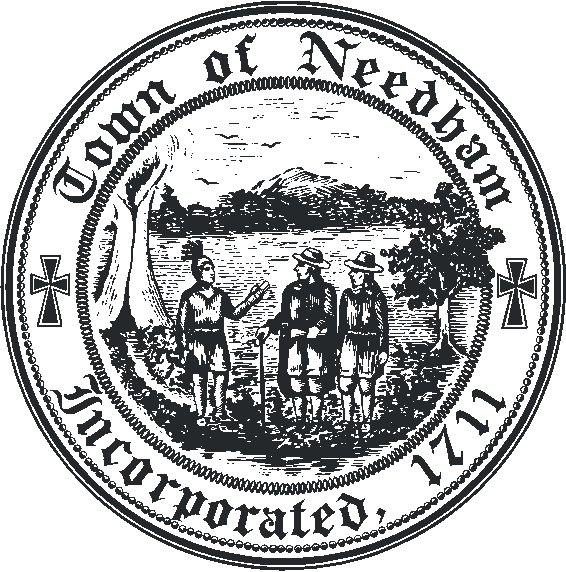
| |

|
Secondary Materials and Recycled Textiles
Educational Resource for Textile Recycling |
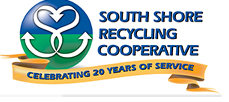
|
South Shore Recycling Cooperative
Provides support and education for correct recycling and waste minimization practices |

